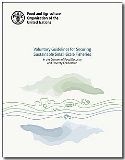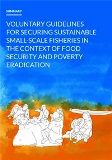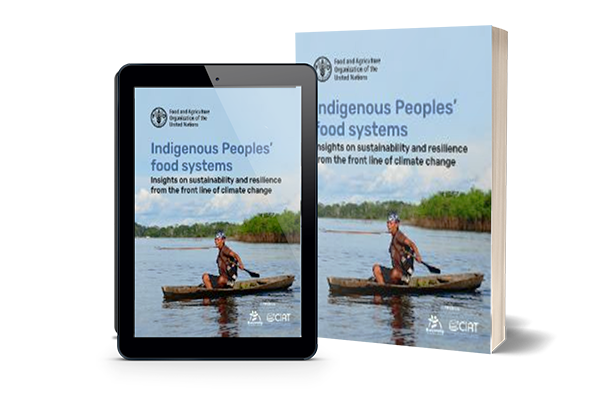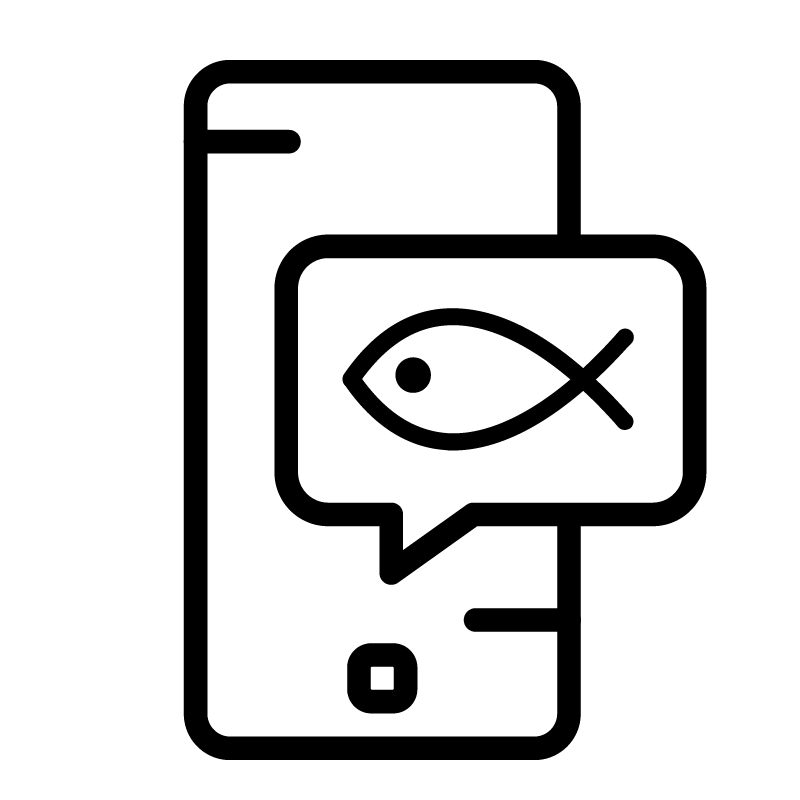There are over 370 million self-identified indigenous peoples in more than 90 countries of the world. Many of them rely heavily on small-scale fisheries for their livelihoods and for their food security and nutrition. For instance, it is estimated that over 30 million coastal indigenous peoples live in the Artic and the South Pacific. Small-scale fisheries are also important to indigenous peoples' culture, heritage and way of life.
The traditional knowledge of indigenous peoples helps manage and maintain the planet's vital ecosystems and the related food systems. Indigenous peoples therefore play a major role in the efforts required to achieve the responsible management of resources and sustainable development. They can also be innovators and a driving force in ensuring food security and ending poverty.
In spite of their strong stewardship, many indigenous peoples around the world face barriers in accessing, using and managing their fisheries resources effectively. Climate change also has a significant impact on the livelihoods and traditional fishing practices of indigenous peoples. It is important to support and recognize indigenous peoples as right holders, and in particular their right to small-scale fisheries, both for the peoples themselves and for the sustenance of the ecosystems in which they live.
Indigenous peoples' rights in the SSF Guidelines
One of the guiding principles of the SSF Guidelines is consultation and participation. For indigenous peoples, this means active, free, effective, meaningful, and informed participation in the decision-making process to manage the fishery resources they depend upon. Customary or otherwise preferential access to fishery resources should be recognized, respected and protected in ways that are consistent with international human rights frameworks, such as the UN Declaration on the Rights of Indigenous Peoples (UNDRIP) as well as related standards such as Free, Prior and Informed Consent (FPIC).
The SSF Guidelines furthermore recognize the traditional and local knowledge of small-scale fishers and fish workers, including indigenous peoples. They call on states and other actors to acknowledge and build on this knowledge to restore, conserve, protect and co-manage local aquatic and coastal ecosystems.
States and other actors also have a responsibility to make sure that indigenous peoples' knowledge, culture, traditions and practices inform local governance and development processes. For instance, the SSF Guidelines call on states and other actors to provide small-scale fishing communities with technical and financial assistance to organize, maintain, exchange and improve traditional knowledge on fish and fishing techniques, and upgrade knowledge on water ecosystems.
Indigenous peoples’ rights are stressed throughout the SSF Guidelines.





